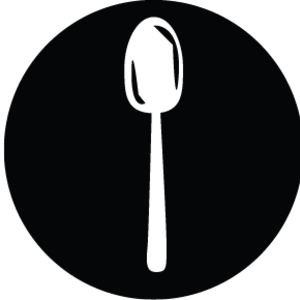Have you ever stood in the snack aisle of the grocery store staring at a bag of chips or cookies, remembered that you told yourself you were going to eat healthier every week for the past 3 years of your life, and then opted for the gluten free chips and the sugar free cookies to make yourself feel like you are being healthy?
I am going to take a second to applaud you for trying to make healthier choices, and then I am going to burst your bubble a little bit and tell you that a lot of these healthy sounding food labels have little to do with being healthy. When you see these labels, do not automatically think they are better for you.
Gluten Free
Unless you are actually gluten intolerant or have Celiac’s Disease, eating gluten free is unlikely to do much for you in terms of health. You could literally wolf down a family size bag of Cheetos and 2 king size Reese’s (both gluten free), but you would still be eating a family size bag of Cheetos and 2 king size Reese’s. That’s probably not the healthiest meal.
Additionally, baked goods deemed gluten free may sound healthy, but with the removal of gluten often comes the addition of more sugar and additives. Be sure to check the nutrition label to get a better idea of what you are actually eating.
All Natural
Natural honestly means nothing in terms of deeming a food healthy or not. There is not an exact established definition of “natural” used by the FDA, but natural really only means that the ingredients are from or are derived from a plant or animal source. That is a little vague in terms of what could actually be in your food.
Organic
Organic is another term that is tossed around in the same field as natural. Organic basically means that the food was grown without pesticides, but something labeled “certified organic” can contain about 5% synthetic ingredients. Similar to other terms on this list, just because your bag of potato chips is labeled “organic” does not mean it the healthiest option.
Fat Free
Fat has a bad rap, and it is not hard to see why. People think that eating fat will make them fat. Yes, eating fried foods packed with saturated and trans fats may lead you to gain some weight, that does not mean that eating fat “free foods” are the healthier choice. In some cases, the foods labeled as fat free would not contain fats anyway, so telling you that it does not contain fat really does not mean anything.

In other cases, and this is almost always the case, fat free foods are packed full of sugars and salts to make up for the lack in fat that was making the food taste good in the first place. If all of the fat is removed from say a cookie, it is probably going to taste dry and bland, but if you add some chemical fillers and some extra sugar in there, that cookie may taste pretty good. Then, you may convince yourself that this fat free cookie is healthier for you, and you may eat 5 cookies instead of just one. Not the best plan.
Sugar Free
In a similar manner to fat free foods, food companies have to make up for the lack of flavor the food has after removing all of the sugar. Therefore, there are plenty of artificial sweeteners in that food so that you do not feel like you are eating a stack of newspaper. While artificial sweeteners are often lower in calories, they often do not provide the “full” feeling that regular sugar does. Then you eat 5 cookies yet again.
I am not saying that inspecting food labels for specific things in order to eat better quality and more nutritious foods is a bad thing. In fact, I encourage it. However, you should not make all of your decisions based on a few words that sound healthy.


